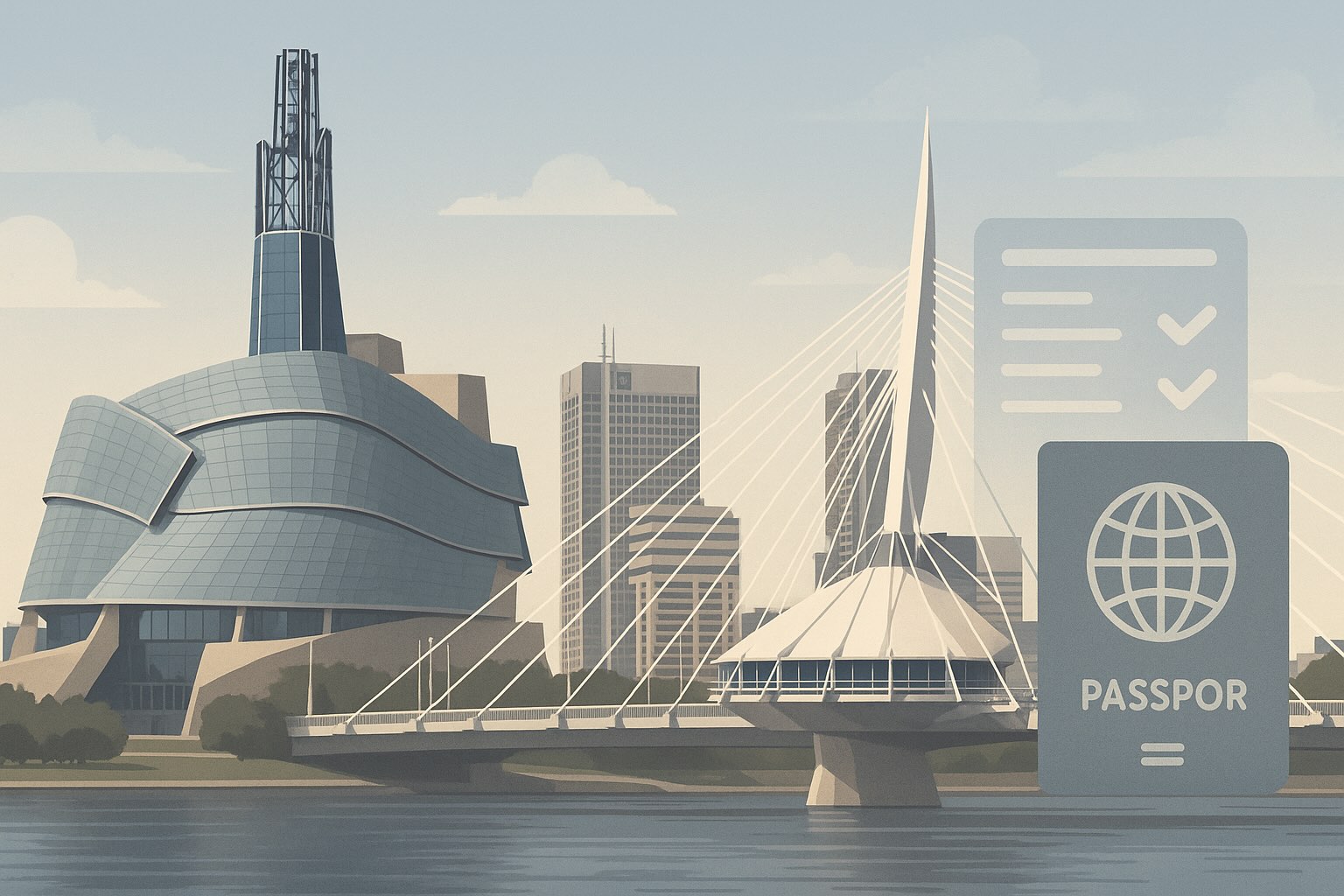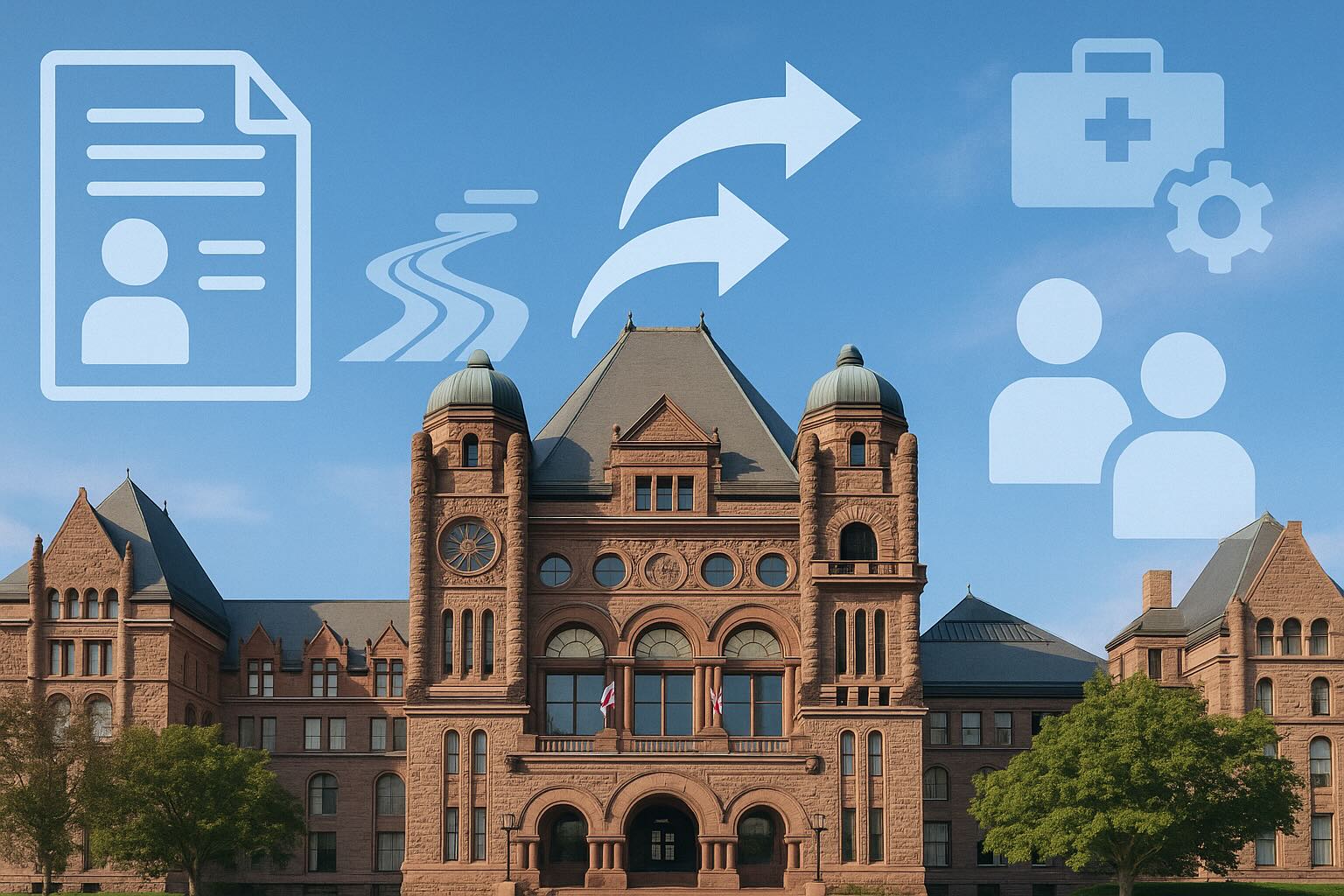LMIA (Labour Market Impact Assessment) is an official document that Canadian employers usually need to obtain before hiring foreign workers. This document is issued by Employment and Social Development Canada (ESDC) and is used to assess whether hiring foreign workers will have a positive or neutral impact on Canada’s labor market. Once a Canadian employer obtains an LMIA, the recruited worker who has not yet started their employment can apply for a work permit. After receiving the work permit, the worker can begin their job in Canada.
In certain special circumstances, foreign workers can obtain a work permit in Canada without an LMIA.
Overview of Policy Changes
| Policy | Summary of change | Effective date for the change(s) |
|---|---|---|
| Removal of eligibility for SOWPs for spouses of some students | Spouses of students in college programs and university bachelor’s programs no longer eligible for SOWPs. | March 19, 2024 |
| New work permit for PNP nominee candidates (Temporary Public Policy) | Some PNP candidates can apply for open work permits | August 11, 2024 |
| Updated instructions regarding ICTs under the IMP | Stricter criteria for multinational qualifications and expertise | October 3, 2024 |
| Extension of TR to PR Pathway (Temporary Public Policy) | Open work permits for TR to PR applicants extended | December 17, 2024 |
| Ban on Flagpoling | Temporary residents within Canada can no longer obtain same-day service for immigration applications at ports of entry. | December 23, 2024 |
Restrictions on Spousal Open Work Permits (SOWP)
Effective March 19, 2024, spouses of college and undergraduate students are no longer eligible for SOWPs. Only spouses of master’s and Ph.D. students retain eligibility. Additionally, undergraduate students in certain professional programs, such as medicine, engineering, and education, may still apply for SOWPs. This policy tightening poses challenges for the employment and financial support of international student families.
Eligible undergraduate programs for SOWP applications include:
- Doctor of Dental Surgery (DDS, DMD)
- Bachelor of Laws or Juris Doctor (LLB, JD, BCL)
- Doctor of Medicine (MD)
- Doctor of Optometry (OD)
- Pharmacy (PharmD, BS, BSc, BPharm)
- Doctor of Veterinary Medicine (DVM)
- Bachelor of Science in Nursing (BScN, BSN, BNSc)
- Bachelor of Education (B.Ed.)
- Bachelor of Engineering (B.Eng., BE, BASc)
On September 18, 2024, Canadian Immigration Minister Marc Miller announced plans to further restrict SOWP eligibility. Miller stated that spouses of master’s students would only qualify for SOWPs if the master’s program lasts at least 16 months. Additionally, he noted that spouses of work permit holders would only be eligible if the primary applicant’s job is in a skilled or labor-shortage profession, providing examples such as:
- Executives
- Scientists
- Engineers
- Lawyers
- Professors
- Technicians
- Healthcare practitioners
- Construction workers
Miller emphasized that these changes are expected to take effect in 2024, though they have not yet been implemented.
Relaxation of PNP Nominee Work Permits (Temporary Public Policy)
On August 11, 2024, Canada allowed certain Provincial Nominee Program (PNP) candidates to apply for open work permits, enabling them to work legally while waiting for their immigration application results. To qualify, foreign nationals must meet the following conditions:
- Provide a support letter from their province or territory indicating they are PNP nominees;
- Present a current employment offer letter;
- Fulfill one of the following three scenarios:
- Hold a valid work permit and have applied for a new work permit.
- Held a valid work permit on May 7, 2024, that has since expired and have applied for both a new work permit and an extension of their temporary resident status or restoration of status.
- Were authorized to work in Canada on May 7, 2024, with a pending or approved extension application, and have since applied for a new work permit and temporary resident status extension.
This temporary public policy, implemented to allow PNP candidates to continue working legally in Canada, has been adopted by provinces such as Alberta, Manitoba, and Yukon. However, it expired on December 31, 2024.
Updates to Intra-Company Transfer (ICT) Policies
On October 3, 2024, IRCC updated its guidelines for obtaining work permits under the International Mobility Program (IMP) for Intra-Company Transferees (ICT).
The changes strengthen the criteria for foreign nationals to qualify for ICT work permits, including:
- Guidance for visa officers to ensure foreign businesses meet the qualifications of a multinational company (MNC).
- Clarification of the definition of “specialized knowledge” and criteria for assessing whether applicants possess such expertise or if the role requires it.
The updated guidelines stress that the ICT program is not meant to be used “as a means to transfer an enterprise’s general work force to affiliated entities in Canada.”
Extension of TR to PR Pathway (Temporary Public Policy)
On December 17, 2024, IRCC extended a temporary public policy allowing applicants under the Temporary Resident to Permanent Resident Pathway (TR to PR Pathway) to obtain open work permits.
This extension applies to foreign nationals with applications still being processed under the TR to PR Pathway. Eligible individuals whose current work permits are set to expire within four months may apply for an open work permit, subject to additional requirements. Family members may also be eligible for open work permits.
The temporary public policy has been extended until December 31, 2026, but IRCC reserves the right to revoke it at any time.
Ban on Flagpoling
Flagpoling refers to the practice where temporary residents leave Canada and immediately re-enter at the border to expedite the processing of immigration applications, such as work permits or renewals.
On December 17, 2024, Canadian Immigration Minister Marc Miller announced a ban on this practice, effective December 23, 2024. Before the ban, flagpoling was a legitimate and commonly used method by foreign nationals in Canada.
Exceptions to the ban include:
- U.S. citizens and lawful permanent residents;
- Professionals and technicians covered under free trade agreements with the U.S., Mexico, Chile, Panama, Peru, Colombia, and South Korea;
- Spouses of such professionals and technicians under agreements with Panama, Colombia, and South Korea;
- International truck drivers holding work permits who leave Canada for work purposes and have applied for renewals prior to departure while maintaining their status;
- Individuals with appointments scheduled with the Canada Border Services Agency (CBSA).
Foreign nationals not covered by these exceptions must apply within Canada and wait for processing.
Additionally, as of June 21, 2024, IRCC had already banned flagpoling for post-graduation work permit (PGWP) applicants.









